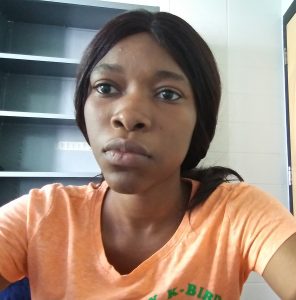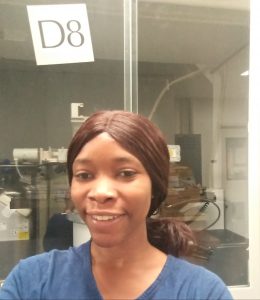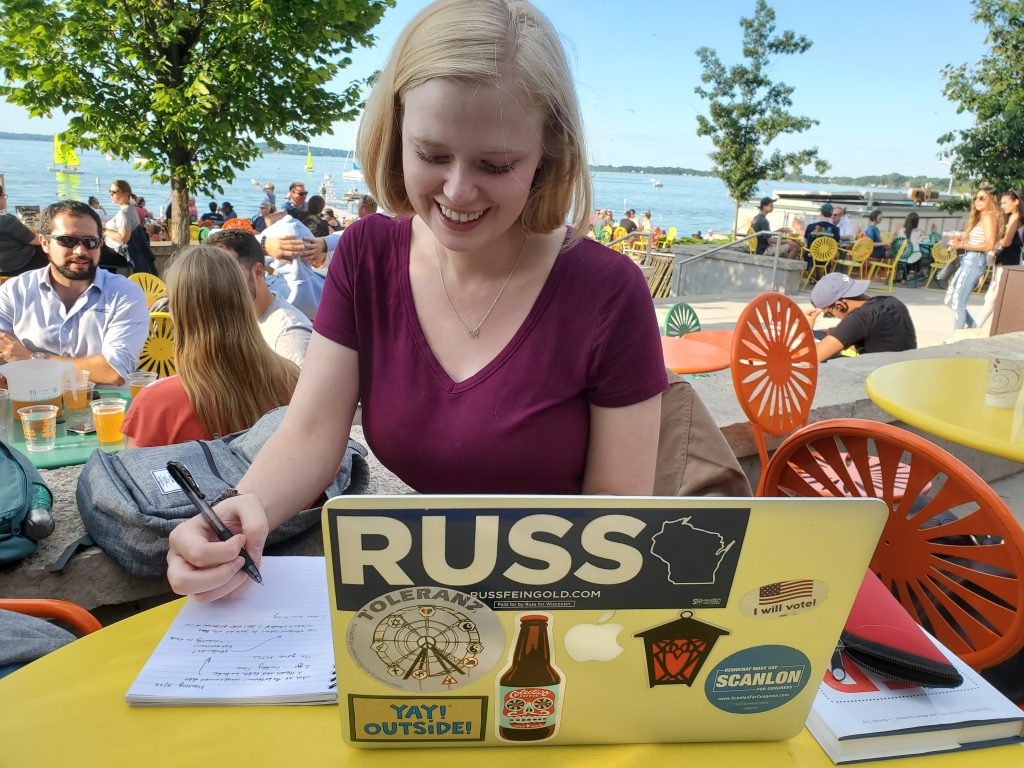Name: Shannon Fisher
Class Year: 2020
Major: Mathematics
Hometown: Chadds Ford, Pa.
Internship Organization: Office of Sustainability: Energy Office
Job Title: Data Management Intern
Location: Philadelphia
What’s happening at your internship?
At my internship, my main task is reviewing and creating spreadsheets that detail the municipal commodity usage. Thus far, I have used my knowledge of Excel to process, report, and analyze the usage of commodities such as water, steam, electricity, and gas. This data is necessary for the different types of decisions that are either made internally at the energy department in partnership with other government department or at the City Council level.
Why did you apply for this internship?
I have always been interested in the sustainability aspect of power and how that works at a professional level. Considering my mathematical background, I figured this was the perfect internship for me because it combines the analytic skills that I have and applying them towards sustainability efforts.
Was there anything special about how you found this internship?
I found this internship through connections that I made through a Bryn Mawr course, particularly Math Modeling and Sustainability with Professor Victor Donnay. We had a Praxis project with the energy office to determine the solar potential for the rooftops of each city facility and from there I expanded my professional network to get this internship.
What has been your favorite part of this internship?
My favorite part of this internship has been creating and coding solutions to streamline processes so that I can focus on the more pressing projects rather than generic data scraping. I enjoy the creative thinking that goes into this type of problem solving and it always brings me closer to what I am passionate about.
What is something you have learned from your internship that you didn’t expect?
I have learned a lot about local government, such as processes and the chain of command that determine outcomes of projects and final decisions. To the public it seems that the city government is very slow, which can come across as laziness or indifference. This perception does not consider the multiple levels of meetings, contracts, and permissions that are necessary to complete most tasks.
Living in a new city? What has that experience been like for you?
This summer I am living in Center City Philadelphia, which is very new to me because I have always lived in very suburban/rural areas that are much less populated. I really like living in a city because I bike or walk everywhere I go, which means I get more physical activity and I greatly lessen my carbon footprint. There are many resources all in the same place, so the accessibility is much better than I am used to. I have a second job working at a rock climbing gym and I have met many people who live in Philly, which has been good for creating a social circle.
Can you talk about the skills you are learning and why they are important to you?
I think the most valuable skills I have learned has been practical application of the educational materials to a professional atmosphere. In math class, we tend to learn the theory and calculations of different principles, but it is much different in a professional world because nobody is using pure mathematics and they use more technology.
What has been the biggest challenge you have faced at your internship?
I think the biggest challenge I have faced so far at my internship has been understanding the nuances and inconsistencies of billing. For instance, not all start and end dates for a service of a certain commodity are the same, which confuses billing periods. These billing periods are important when considering fiscal and calendar year reports for different buildings. Therefore, one must work around these inconsistencies and try to consider the best options and sometimes there is no best option, and the data has to remain incomplete. In school, they often teach you that every problem has an answer, but when it comes to mass collaboration and thousands of accounts, there are sometimes errors that you can’t fix.
Can you give us three adjectives and three nouns that describe your internship experience?
Adjectives: analytic, precision, and flexibility
Noun: Problem solving, moving parts, and Excel
What is most rewarding about your internship?
Contributing to policy that will improve the environment and the climate for not just Philadelphia but for the world. By providing data to inform these innovative policies, other cities decide to also undertake similar initiatives.
Was this internship what you expected it to be?
I had a very good idea of how I would be spending my time in the Energy Office from the Praxis project as well as my independent study from spring semester 2019.




